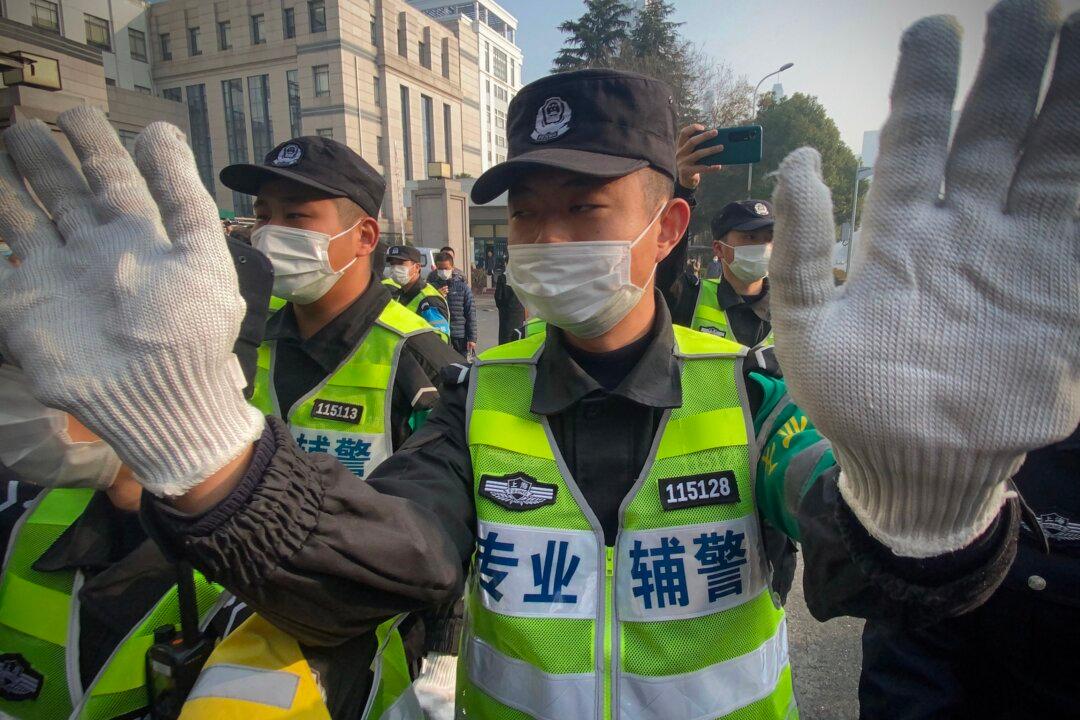For years, journalists and experts have complained about the Chinese regime’s tightening restrictions on foreign correspondents in the country—constraints not experienced by Chinese journalists operating in Western democracies with press freedom.
In 2020, the Trump administration sought to confront this problem by imposing restrictions and rules on Chinese state-run media outlets in the United States, a move officials described at the time as an act of reciprocity against Beijing’s continued use of “intimidation to silence members of a free and independent press.”





